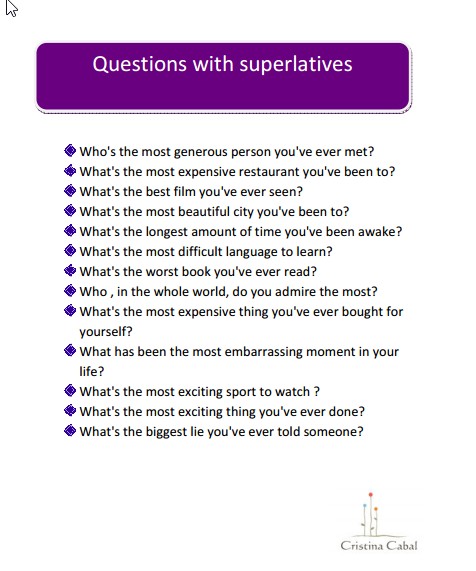I’m not a native speaker. Even though I read, write, work and I would almost dare say live and dream in English, I haven’t learned the language from birth and sometimes have moments of self-doubt. These websites I am going to share in this post have been an invaluable help.
Blog de Cristina is also on Facebook. FOLLOW IT!
♥Howjsay and Forvo: The world’s largest dictionaries of English Pronunciation
How often have you come across a proper name you had no clue how to pronounce and you desperately needed to know the correct standard pronunciation of or perhaps a variant pronunciation of this word? Let’s say you want to know the pronunciation of the word “selion”. You go to the most important online dictionaries offering pronunciation, but the word you’re looking up is not there and you suddenly begin to panic. At this stage you can do three things: panic, pretend you know how to pronounce it ( you just know how to sound British, no problem there) or look up the word in any of these two amazing sites that have saved my skin countless times.
We all know how difficult it is to write, even more in a foreign language. More often than not we look up words in dictionaries only to find that it offers so many possibilities for the translation of the word that we don’t know which one to choose for the context we need. In fact, sometimes it doesn’t help us at all but makes things more complicated as we don’t know which word to use to mean what we want to express and we end up completely frustrated. Here, Linguee can help us as it is a bilingual dictionary but in context
Sometimes we know what we want to write, the sentence is phrased in our mind, but we can’t figure out some of the words we need. This is where phraseup*comes in. It assists you with writing, by suggesting possible combinations to fill-in the words you can’t remember. Each suggestion is accompanied by definitions, synonyms and translations to other languages.
Imagine you know there is an expression containing the words ” take” and “granted” but you have forgotten what goes in the middle, PhraseUp can help you here, too. Just type the words that you remember and put an asterisk * where you want the application to insert something. Very useful, isn’t it?
Or maybe you want to use the verb+preposition combination “cope with” but you are just not sure which words it collocates with, just type it in PhraseUp and options will be provided.
I have been using ozdic.com for years and this is a dictionary I cannot live without. It is not any dictionary, it also help you to sound more natural when speaking or writing in English. Let’s say you don’t know the preposition that collocates with the verb “insist”, or which adverbs sound more natural with this verb; let’s imagine you need to use the word “idea” but you have no clue what adjective to use apart from the overused “good “. Go to the dictionary now, this is just a sample of what you’ll find : bright, brilliant, clever, excellent,, marvellous | valuable, worthwhile | exciting, inspirational, interesting, stimulating | constructive, positive | absurd, bad, mistaken, ridiculous | , crazy, mad, outlandish, wild | half-baked | ambitious, big, grand.
The dictionary contains over 150,000 collocations for nearly 9,000 headwords and it is based on the 100 million word British National Corpus.
It is a wonderful tool that can save a lot of time if you need to transcribe something. I have tried it with small texts (two or three lines) and it’s incredible! You will be able to pronounce a whole text perfectly .
Just paste the text you want to transcribe and click the Transcribe Button to get the transcription.






